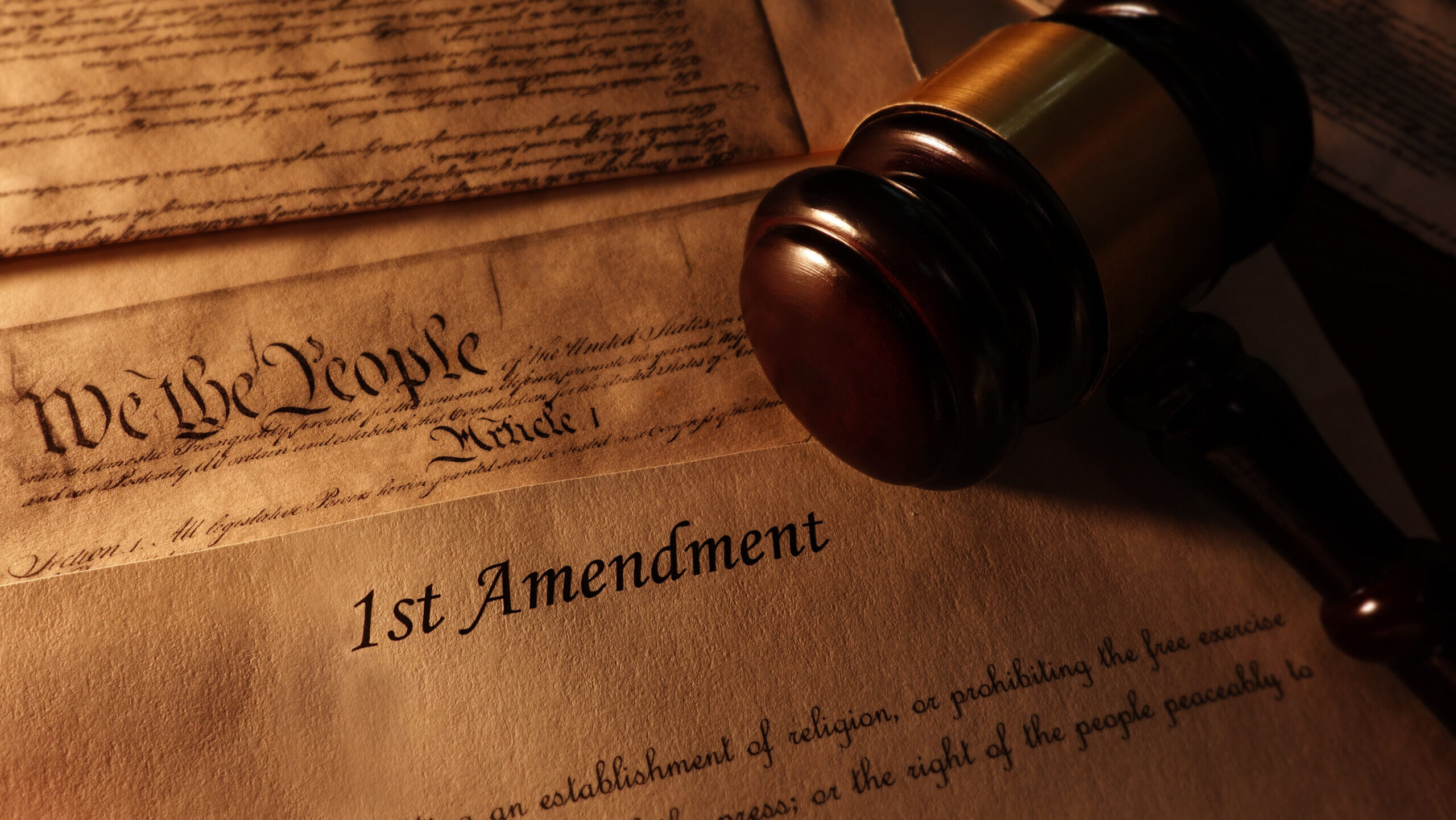
Alabama lawmakers are once again testing the limits of constitutional law with House Bill 231, a proposal that would force public school children to begin their day with a state-mandated prayer “consistent with Judeo-Christian values.” Schools that fail to comply would face severe financial penalties, making religious observance not a matter of personal faith but of bureaucratic enforcement.
While many of us value prayer as a sacred act, faith imposed by law is no faith at all. The Founders understood this. They lived through the dangers of state-controlled religion and fought to ensure that America would never follow that path. Yet here we are, in 2025, watching politicians attempt to dictate how, when, and where faith must be practiced.
James Madison, the principal architect of the First Amendment, was not hostile to religion. Quite the opposite — he saw it as so essential to human dignity that government must never be allowed to interfere with it. In 1785, when Virginia lawmakers proposed a tax to fund Christian ministers, Madison wrote his famous Memorial and Remonstrance Against Religious Assessments, warning that even well-intended religious laws lead to tyranny.
“It is proper to take alarm at the first experiment on our liberties,” he wrote. He knew that when government assumes the power to dictate religious practice, it is only a matter of time before it assumes the power to suppress it.
Madison’s words carried weight because he, like many of the Founders, had seen firsthand how government-imposed religion divided people and corrupted both church and state. The religious wars of Europe were not ancient history to them; they were cautionary tales. They understood that faith should be freely chosen, not dictated by law.
Jefferson’s Virginia Statute for Religious Freedom, which Madison championed, made it clear: “No man shall be compelled to frequent or support any religious worship, place, or ministry whatsoever.” That was not a statement against religion — it was a defense of it.
HB231 betrays this vision. It does not protect religious freedom; it undermines it. Prayer should be a personal right, not a government mandate. The Constitution guarantees every student the freedom to pray, but it also guarantees them the freedom not to.
A classroom is not a church, and no child should be placed in the position of having to conform to religious practices dictated by the state. This is not religious liberty. This is government overreach masquerading as piety. Worse, it threatens the very schools it claims to help, stripping funding from those that do not comply and turning faith into a matter of legal compliance rather than genuine belief.
This is not just an Alabama problem. We are seeing similar attempts to inject government-enforced religion into public spaces across the country. Texas has mandated that the Ten Commandments be displayed in every classroom. Other states have pushed for Bible literacy courses designed to promote one religious perspective over others. Some public officials have even argued that the United States should be declared a Christian nation — an idea that directly contradicts the principles laid out by the Founders.
These efforts are not about faith. They are about power. They are about using religion as a tool of political control rather than as a source of personal conviction.
Those who support HB231 claim they are restoring morality to schools. But morality does not come from government edicts. It comes from families, communities, and personal conviction.
Forcing prayer upon students does not instill faith — it cheapens it.
Madison and the Founders understood this, which is why they built a country where government had no power to tell its citizens how to worship. The wall of separation between church and state is not an attack on religion. It is a safeguard for religion. It ensures that no politician, no school board, no legislature can dictate faith from above.
I am not against prayer. I am not against faith. But I am against the government telling us when, where, and how we must pray.
Religious freedom is not the right to impose faith — it is the right to choose it.
If we allow politicians to force prayer today, what will they force tomorrow?
HB231 is not about protecting religious freedom. It’s about undermining it.
If Alabama lawmakers truly respected faith, they wouldn’t try to control it.







